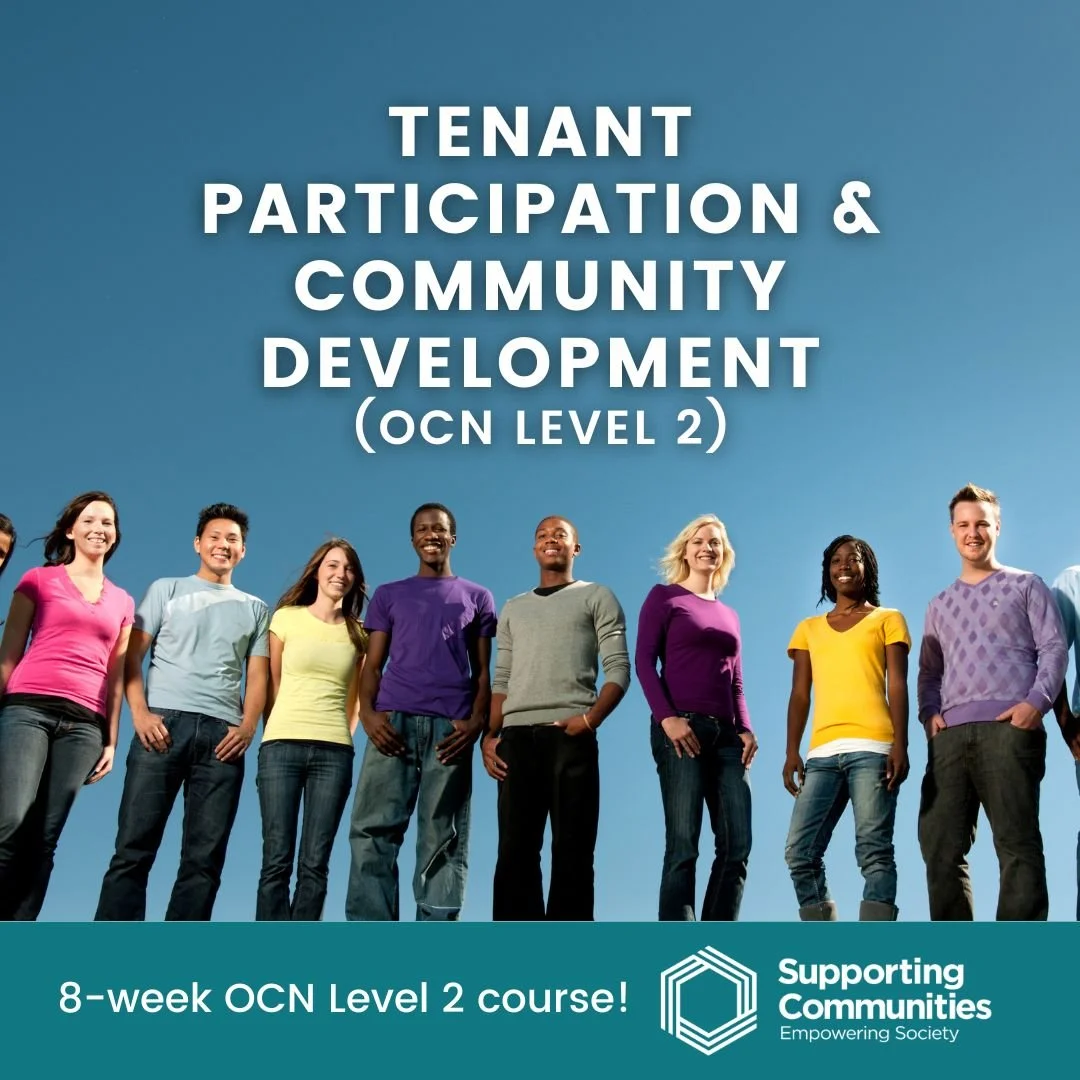Where Next for Tenant Governance in Northern Ireland?
/By Professor David Mullins
A full house for the event at Belfast Castle
For three days in October, 120 people came together to think about new ways that tenants can get involved in governing housing in Northern Ireland. (Read about these workshops here)
We celebrated the achievements of the Housing Executive’s unique tenant engagement structure - the Housing Community Network (HCN) over the past 25+ years. We thought through the changing context created by the Department for Communities’ Tenant Involvement Strategy 2015-20, the ‘super councils’, and growing interest in tenant involvement in the housing association sector.
Now, with proposals to establish a new Independent Tenant Organisation to build on the work and achievements of Supporting Communities over the past 36 years, is the time to ‘think outside the box’. To help us do that, we took a look at how tenants are involved in housing governance in other countries. By taking existing good practice in Northern Ireland into account, we were able to boil down relevant new practice to five models.
Four of these models were ‘reality checked’ with Northern Ireland tenants (from both the Housing Executive & HAs) and other stakeholders at three workshops held in Ballymena, Belfast, and Craigavon. The fifth, the successful English model of Tenant Management Organisations is also discussed in the research report as an effective empowerment model.
Models of Tenant Involvement
These events were lively exchanges of ideas with experts on governance models from four countries. David Yates, a tenant governor from Preston, told us about their Community Gateway model where over 4,000 tenants have opted to be members of the landlord organisation and five tenants make up the largest group on the Board of nine that controls the organisation.
Richard Lang, an academic from Austria, told us how tenant involvement is built in from the start in new housing schemes in Vienna. In order to secure land and funding from the city council affordable housing developers, who are mainly large co-operatives, must show how residents will be involved in design and management. Funded as part of new schemes, advisers work with new residents before they move in to help them form groups to take responsibility for their building.
Daniel Bosch, a volunteer from Amsterdam Tenants Organisation, shared his experience of a new system in the Netherlands in which tenants have a seat at the table in annual talks to agree housing association’s contribution to city-wide plans for housing with the local authority.
Nic Bliss, a co-op resident from Birmingham who works for the Confederation of Cooperative Housing told us about a successful programme backed by the Welsh Government that is developing 25 housing co-ops from scratch across Wales which, like Northern Ireland, had no co-ops until the programme was launched in 2011.
Can we Answer These Questions?
It’s always good to look for fresh solutions to old problems. What do you think?
These models are all attractive in their own way, but could they work in Northern Ireland and would they really add anything to existing good practice?
Barriers such as the common selection scheme, mistrust between agencies and fear of paramilitary influence have all been raised but could they be overcome?
And would there be any real benefits for tenants?
Your Views are Needed
At the 3 workshops, participants split into groups to ‘reality check’ the above 4 models using a simple set of criteria.
Now you too can take part by having a look at the model descriptions, then answer the following questions on any of the models you find interesting:
- Does this model fill a gap in NI?
- Could it work here?
- Would tenants want to take part?
- Who else is likely to be interested/support in NI?
- What changes would it take to make it work here?
- What might make this model more attractive to tenants?
To have your response included in our final report please send your comments to David Mullins (d.w.mullins@bham.ac.uk) by November 14, 2016.
Find out More
All of the reports produced so far for this project including a state of the art review of tenant governance and three case studies in Northern Ireland, a review of international models, the full workshops report and notes, presentations and photos from each event can be downloaded from The University of Birmingham.
In January 2017, a final report will be available and there will be a chance to get involved in the next steps to follow up the project. This could involve study visits, training, working parties, and putting the case via the new Independent Tenant Organisation to the Housing Executive, housing associations, the Department for Communities as well as local councils through their community planning remit.








